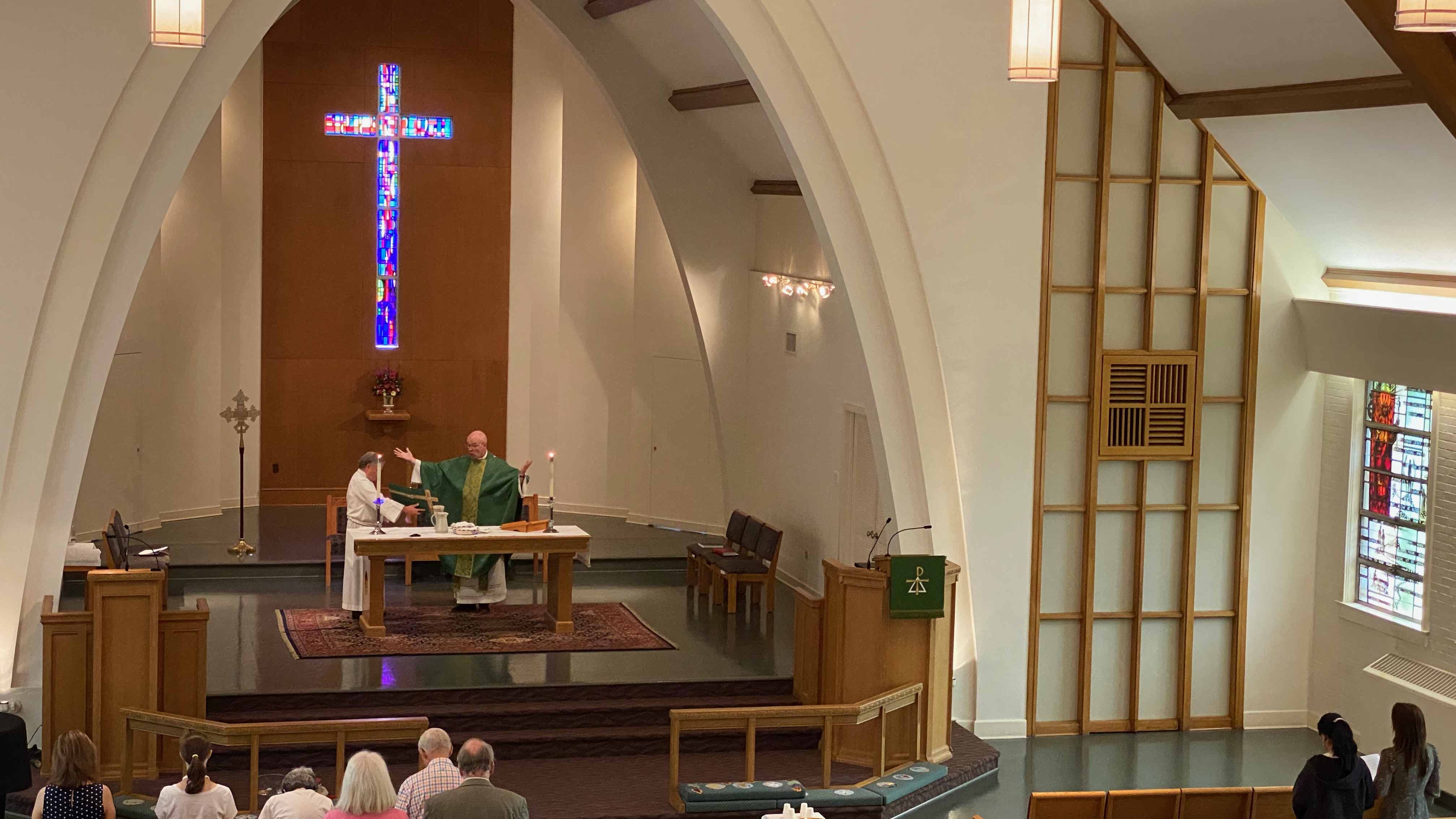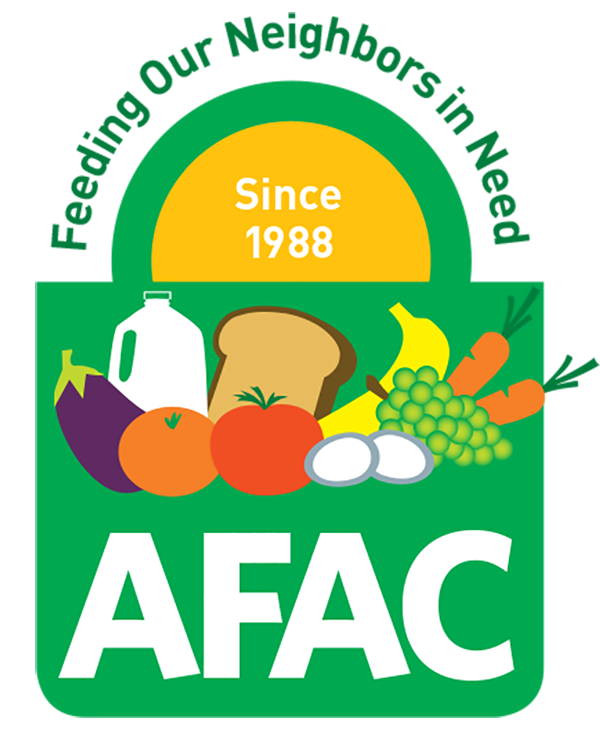Week of Easter Five
Join Us for the Bible in Christian Worship this Wednesday:
Our explorations of the biblical foundations for Christian worship continue this Wednesday, May 18. This week, Gail Ramshaw will begin a series of three Wednesdays on the lectionary, deepening our understanding of the place of the appointed readings in our Sunday worship. A Zoom link for this discussion will be distributed via Constant Contact. If you are not receiving our Constant Contact messages and wish to do so, please This email address is being protected from spambots. You need JavaScript enabled to view it..
“Meditations on the Lectionary”
Dear Friends in Christ:
A major focus of our time together during Sunday worship involves hearing three readings from the Bible and singing a psalm. Once we are assembled and settled, having confessed sin and received forgiveness or having remembered baptism, and having sung the hymns and canticles and having prayed the prayer of the day, we turn our attention to the appointed readings.
Take a moment to reflect on how counter cultural it is for us to sit there – or stand in the case of the gospel reading – to listen carefully to texts written and incorporated into the canon of holy scripture centuries ago. These are ancient texts, far removed from our time and place, and yet we attend to them living as we do in an age obsessed with innovation and saying new things in ever changing ways. Thus, we listen to ancient texts not always easily understanding what they have to say to us in our day.
Questions about this practice may arise. Why so many passages? Why not just narrow it down to focus on one or maybe two readings? And why do we consent to using passages chosen by teams of scholars far removed from our own congregational circumstances? And just what is the lectionary anyway?
These are important questions, and we are blessed to have in our fold a scholar, Gail Ramshaw, who has devoted a great deal of her professional life to studying and to helping craft the lectionary that we use. Beginning this coming Wednesday, May 18, Gail will teach us about the Revised Common Lectionary and its essential place in our life together. And she’ll address the questions we have about the lectionary, thus helping to form us in our enhanced understandings that we may worship with greater intentionality to and with heightened awareness of the grace given to us via the word of God, and the Holy Spirit speaking through that word.
In anticipation of the coming Wednesday evening Zoom sessions on the lectionary, I offer here some of my own thoughts about its importance in our Sunday routines.
First off, the lectionary is a great gift to you, God’s people in this place, because it spares you from me as your pastor imposing on you my favorite Bible passages, passages of my own choice and whim and, at worst, prejudice. In churches that do not employ a lectionary of appointed readings, local preachers have the freedom to choose the Bible passages they preach on, which gives to the local pastor a great deal of power to attempt to shape the theological convictions of people in the local assembly. In contrast, with the lectionary of appointed readings, we are all in this together, you and I as your pastor, as we sometimes struggle to make sense of the divine word for us in the givenness of the lectionary readings. Thus, the lectionary helps to keep preachers humble, since they are not in control of choosing given passages for a given Sunday. In this way, I would argue that the lectionary has a democratizing effect on life together in congregations, even if the lectionary is chosen by others whom we do not know and who are not accountable to us. But those scholars are accountable to the wider church in its many expressions. The appointed lectionary passages do not come to us willy-nilly, but with a great deal of consultation and deliberation, sometimes approved by voting assemblies of God’s people. Again, I believe that the use of the lectionary is more democratic and participatory than local preachers choosing their own favorite Bible passages.
Moreover, the discipline of using the lectionary, particularly the Revised Common Lectionary, gives us the gift of hearing and working through large portions of the Bible than would otherwise be the case if left to singular readings or the limited scope of the proclivities and choices of the local pastor. With its three readings and the psalm, we end up hearing the multiplicity of voices in the Bible and its rich variety of types of literature. The Revised Common Lectionary works on a three-year cycle, with different readings appointed for each different year. We hear readings appointed in an orderly fashion from the Old Testament, from the Gospels, and from other types of New Testament literature. Again, this helps us to get a sense of the Bible as a whole, but not just as a book, but as a compilation of different types of literature set within our worship of God in Christ with attention to its particular liturgical calendar and seasons. As you know, the appointed readings relate intimately and importantly to the themes and events of the church year. So, with the appointed readings alongside our liturgical enactments, we receive Christ himself, who is present in word and sacraments in the gathered assembly of God’s people. The lectionary and its readings help make Christ known to us by God’s grace in the power of the Spirit.
Another gift of the lectionary is that its use becomes a concrete enactment of Christian unity each and every Sunday. We Lutherans like the fact that we are ecumenically oriented. Yet, explicitly ecumenical efforts in which we actively cooperate with other churches are often occasional and tangential to our life together. Except when it comes to the lectionary! The appointed readings we use on Sundays are the same readings used in other Lutheran churches. Moreover, you could visit churches of other Christian traditions on any given Sunday and hear the same or similar readings to the ones we are using. These churches include: Roman Catholic, Episcopal, Methodist, Presbyterian, Moravian, various other Reformed churches and more. Thus, the lectionary and its use become an expression of often elusive visible Christian unity, helping to give some fulfillment to Jesus’ prayer that we might be one so that the world might believe (cf. John 17:20-21).
Speaking now as a preacher, as one who obediently submits to the discipline of attending to all of the appointed readings for Sunday, I love the challenge of the lectionary, for there are readings appointed for any given day that I myself would not have chosen! And yet, I trust that there is a word for us in our day in the givenness of the appointed passages. It’s been my experience that the lectionary never fails to give that needed word. Thus, I love attempting to rise to the occasion of proclaiming God’s gospel word via what the lectionary puts before us week by week.
You who hear me preach will note that I attempt to address each of the appointed readings in my sermons, the first, the second, and the gospel readings, and sometimes even the psalm. In the discipline of having returned to preaching every Sunday again as a parish pastor, I delight in the new horizons of interpretation and meaning revealed when the passages are set alongside each other. Even if my main preaching focus may be the gospel reading, inevitably portions of the first and second readings will help illuminate the meanings of the gospel – and vice versa in relation to the gospel passage and its power to illuminate the other readings as well. In the course of the many months of my current preaching ministry, even after three decades of doing this work, I am still discovering new meanings of old, old stories in large measure because of the call to give attention to each of the appointed lectionary passages on Sundays.
So, you can tell that I am sold on the lectionary! Please join us this Wednesday as Gail Ramshaw takes us still deeper in our understandings of and appreciation for the Revised Common Lectionary. Gail’s efforts in the next three Wednesdays will set the stage for a return to our Monday evening Zoom Bible Studies in June when we will begin to look together at all three of the appointed readings for each upcoming Sunday. Our engaging these passages in communal Bible study will undoubtedly end up informing what I preach on Sundays, giving you all a voice in the proclamation of the gospel which is at its best a community effort.
With thanks to God for the gift of the lectionary that makes Christ known,
Pastor Jonathan Linman






